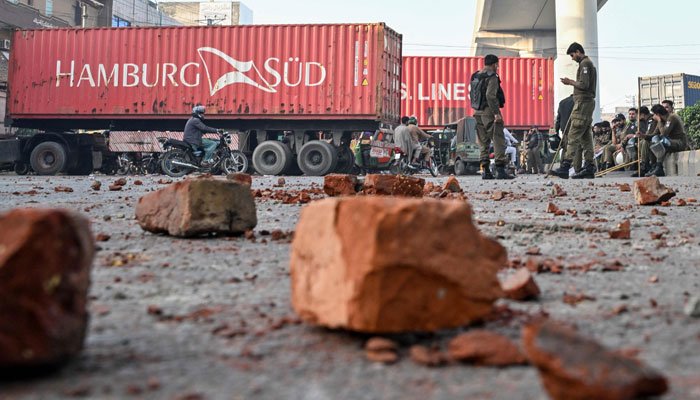PTCL restored internet services across Pakistan on Wednesday morning after a major fault cut connectivity for nearly eight hours. The outage disrupted millions of users, including those on Ufone, and created difficulties for businesses and students.
The issue started late Tuesday night when PTCL’s distribution network in Karachi failed. Teams worked through the night to find and fix the fault. By 5 a.m., PTCL confirmed that services for both PTCL and Ufone had returned to normal.
Fault in Karachi Sparked Nationwide Outage
The breakdown began in PTCL’s Karachi network hub, which handles a large share of traffic. The fault spread quickly, leaving many areas with slow or no internet.
PTCL engineers immediately began repairs and restored most links before sunrise. The company thanked customers for their patience and admitted that such faults affect daily life in major ways.
PTA Helped Restore Connectivity
The Pakistan Telecommunication Authority (PTA) also joined recovery efforts. PTA said not all PTCL services went down, but key areas faced severe issues.
The regulator explained that while Transworld and Multinet networks kept working, many services that depend on PTCL’s backbone slowed or stopped. PTA stressed that better backup links are needed to avoid large outages in the future.
NetBlocks Confirms Large-Scale Impact
Global internet tracker NetBlocks confirmed the scale of the issue. In its update on X (Twitter), NetBlocks reported that about 20% of Pakistan’s internet went offline. PTCL had the highest impact, while other networks stayed stable.
The post by NetBlocks backed user complaints that flooded social media. Many users reported hours without service and shared frustration through hashtags that quickly began trending.
How Users Were Affected
The outage hit millions of people across Pakistan. Students lost access to online classes. Freelancers missed client deadlines. Offices and call centers depending on cloud systems stopped work.
E-commerce websites saw order delays, while banks reported issues with online payments. Even government portals slowed down. Everyday users struggled with video calls, messaging apps, and streaming services.
Remote workers were especially vocal. Many shared that Pakistan needs stronger systems to keep the internet running even if one provider faces problems.
PTCL Issues Apology
PTCL quickly released a public apology. The company said its engineers worked nonstop and fixed the problem in record time.
“We regret the trouble caused to our valued customers. Our teams worked day and night to restore connectivity,” PTCL stated.
The company also promised to improve its network to stop similar problems in the future.
Experts Call for Stronger Backup Systems
Industry experts warned that Pakistan’s heavy reliance on PTCL makes the country vulnerable. A single issue in PTCL’s backbone can slow or stop services nationwide.
“Pakistan must expand its backup routes and gateways. Without more options, users will continue to face problems like this,” a telecom analyst explained.
Experts believe the government and private sector should invest in extra submarine cables and stronger domestic links. This will reduce downtime and support Pakistan’s growing digital economy.
Mixed Reactions on Social Media
After services returned, users posted mixed reactions. Some praised PTCL for fixing the issue within hours. Others criticized the company for frequent breakdowns and demanded better service.
Freelancers, in particular, said outages put their jobs at risk. Many called for real-time updates whenever a fault occurred.
Memes also flooded social platforms, with users using humor to express frustration over the long outage.
PTCL’s Future Plans
The outage has pushed PTCL to rethink its network plans. Sources say the company is looking at new international cable links and stronger domestic backups.
PTCL also plans to improve customer communication during breakdowns. Regular updates could prevent confusion and give users more clarity.
The company hopes that by expanding its systems, it can offer more stable service to Pakistan’s fast-growing digital market.





